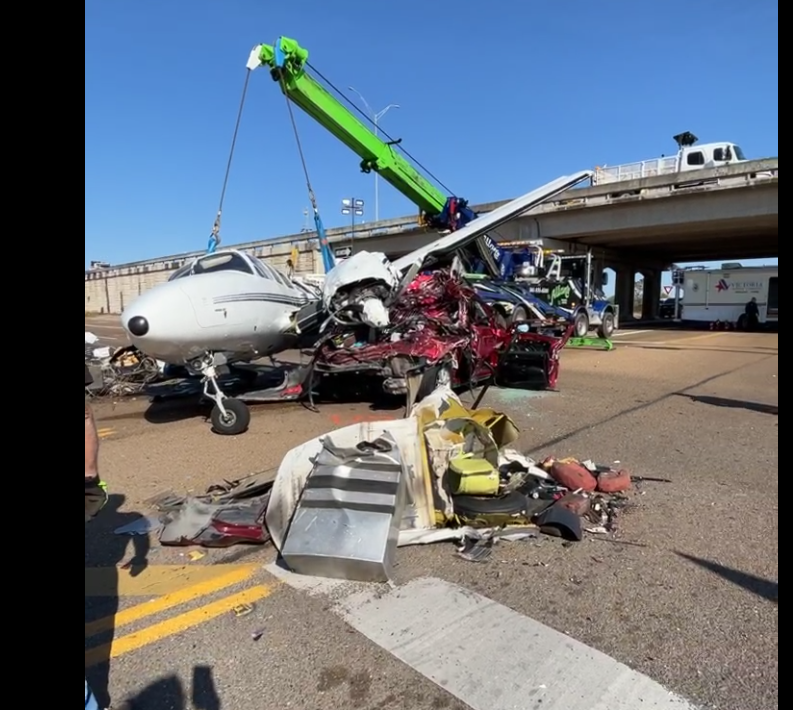Signature Aviation And BETA Technologies Electrify East Coast Airports
Signature Aviation and BETA Technologies have teamed up to install electric charging infrastructure at airports along the eastern seaboard. The partnership was announced in a March 7 press release noting…

Signature Aviation and BETA Technologies have teamed up to install electric charging infrastructure at airports along the eastern seaboard.
The partnership was announced in a March 7 press release noting that the global fixed-based operator (FBO) and electric aerospace company have already installed the first charging station at Manchester-Boston Regional Airport with plans underway for two more locations.
“Manchester is emerging as one of the top high-tech hubs in the Northeast, and we are honored that Manchester-Boston Regional Airport was chosen as Signature and BETA’s first operational electric aviation site,” said MHT Airport Director Ted Kitchens, A.A.E. “This interoperable charging station will help enable Manchester and southern New Hampshire to have better access to electric aviation, which will bring us better regional air mobility as we move into this exciting new era of electric transportation.”
According to the joint press release, BETA’s chargers are engineered using a global standard—meaning they are compatible to BETA’s own all-electric aircraft, other manufacturers' electric aircraft, and ground-based electric vehicles.
Additional chargers are set to be installed at Frederick Municipal Airport (KFDK) and Charlottesville-Albemarle Airport (KCHO) in Virginia, where they are expected to be operational this summer.
The addition of the three East Coast airports further expands BETA’s charging network in the United States, as the company now has chargers at 19 locations with another 50 sites in various stages of permitting and construction.






